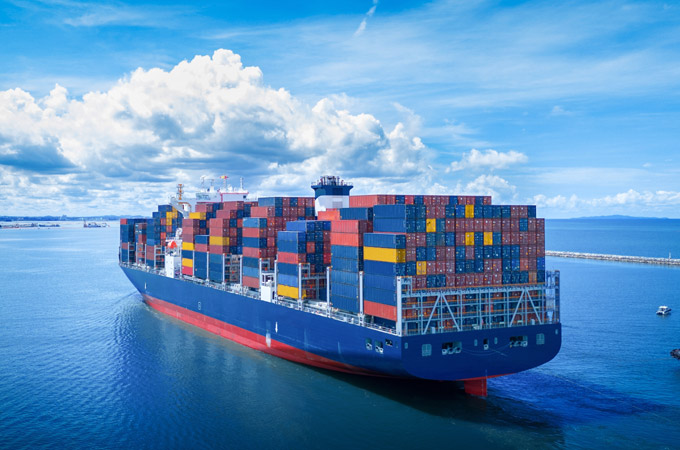Marine insurers are being called to widen their understanding of modern slavery and forced labour across the maritime and extended global supply chains as scrutiny intensifies from regulators, investors, and clients.
In a new Information Paper, published today by the International Union of Marine Insurance (IUMI), the growing reputational and legal risks facing insurers that underwrite operations linked to exploitative labour practices is highlighted.
While insurers are not directly involved in operational abuses, they may be indirectly and unwittingly enabling unethical practices if due diligence is lacking, says the study.
“Modern slavery is impacting an estimated 28 million people”, said Lars Lange, IUMI Secretary General. “Marine insurers must be aware of the potential consequences of insuring unethical clients and consider integrating ethical underwriting practices to support responsible business.”
The paper reports that modern slavery – including forced labour, human trafficking, and exploitative recruitment – affects a range of industries that have links with marine insurance, from fishing and shipping to textiles, agriculture, and manufacturing. Sectors such as distant-water fishing, garment production and the maritime industry/seafaring are identified as particularly high-risk.
Key recommendations include:
* Conducting robust due diligence during underwriting processes.
* Implementing clear ESG policies that address human rights.
* Collaborating with all stakeholders to improve transparency in maritime supply chains.
Recent cases, including lawsuits against major seafood and agriculture companies, underscore the growing legal exposure for businesses complicit in forced labour. Legislative measures such as the EU Corporate Sustainability Due Diligence Directive and the UK Modern Slavery Act are increasingly holding companies — and their financiers — accountable.
Sadly, the maritime sector is an ongoing victim where seafarer abandonment and denial of shore leave are on the rise, with the International Maritime Organization (IMO) reporting a record number of abandonment cases in 2024.
"Insurers are one step removed from these operations and it is important to acknowledge that they often face practical limitations in detecting these abuses given their indirect role and the complexity of global supply chains”, said Lange. “However, as far as possible, marine insurers should take a proactive stance - not just to protect reputations, but also to align the insurance industry with global human rights standards.”
With ESG expectations mounting, marine insurers are encouraged to engage in industry-wide discussions and strengthen their frameworks to prevent complicity in modern slavery, the paper said. -TradeArabia News Service































